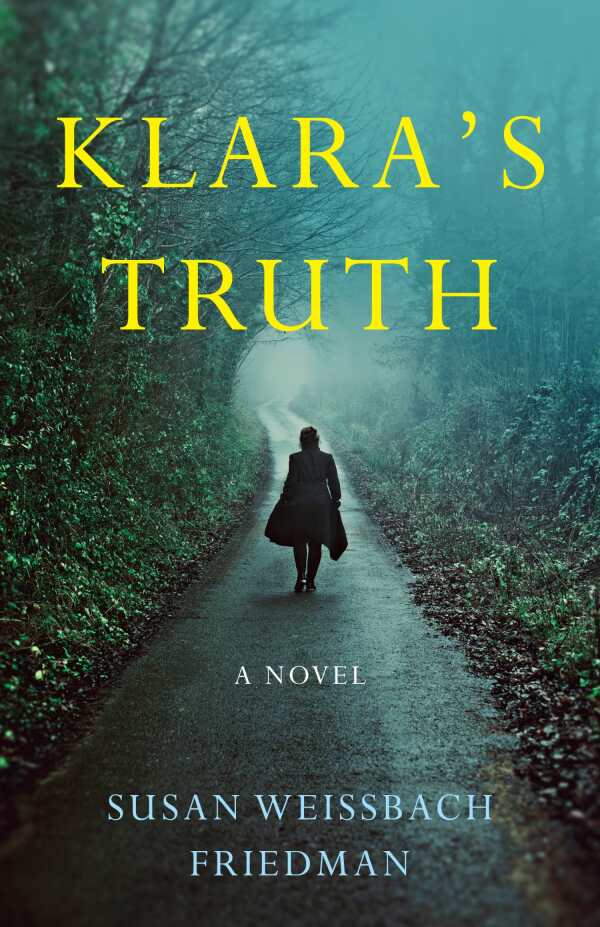Klara's Truth
A Novel
A mournful daughter navigates generational gaps as she investigates her family’s past in the sympathetic novel Klara’s Truth.
In Susan Weissbach Friedman’s evocative novel Klara’s Truth, an American anthropology and archaeology professor unearths her father’s Warsaw past.
Klara is single, forty-nine years old, and feeling fatigued when her life in Maine is interrupted by a letter from her mother. Its contents concern Klara’s father, who died during Klara’s childhood—a fact that Klara hadn’t been told, thinking instead that his absence was due to abandonment. But now that the Polish government is paying restitution to Jewish citizens whose property was stolen during World War II, Klara’s mother wants her help in claiming her father’s funds.
Thrust into an emotional knot, Klara travels overseas, hoping to reconnect with family members she’s never met. Her trip carries the potential for a reckoning too: Klara recalls her past as she travels. Her delivery of her own story comes in summary form, though. She notes that her New York upbringing with her mother and grandfather was an isolated one; she felt a lack of support for her desires, and memories of her father were discouraged. As such, Klara became self-sufficient. Driven to excel in academia, she formed few serious relationships and proved reluctant to trust others.
The story’s transitions and prose are straightforward, as when it details Klara’s surprise over Warsaw’s modern elements and her observations of those postwar remnants that better adhere to her preconceived notions of the city, as with its gray buildings. She is at once a witness, a tourist, and someone who yearns to belong. She receives some help from a genealogy researcher, though such assistance is rushed through. Klara’s family’s experiences of the Holocaust are better detailed, leading to further challenges for the heroine, whose inherited recollections of the period are both troubling and incomplete.
Klara also has to navigate generational gaps as she investigates her family’s past. Indeed, those with direct experiences of the war and its aftermath had little say in the intervening years; their priority was survival. The family’s younger generations, as a result, were left to wonder about what that silence obscured. An icy reception presents additional challenges to Klara’s investigation, as does the fact that people’s tones become informative, rather than easygoing, when they have to discuss Warsaw’s devastated Jewish community. Elsewhere, a Polish cousin questions Klara’s motives. Still, Klara meets a heretofore unknown aunt and then a sympathetic groundskeeper at a Jewish cemetery who helps her understand her father, and hope seems possible—including for newfound family unity.
In the tender novel Klara’s Truth, a daughter at a crossroads finds new resolve while learning about her family’s past.
Reviewed by
Karen Rigby
Disclosure: This article is not an endorsement, but a review. The publisher of this book provided free copies of the book and paid a small fee to have their book reviewed by a professional reviewer. Foreword Reviews and Clarion Reviews make no guarantee that the publisher will receive a positive review. Foreword Magazine, Inc. is disclosing this in accordance with the Federal Trade Commission’s 16 CFR, Part 255.


